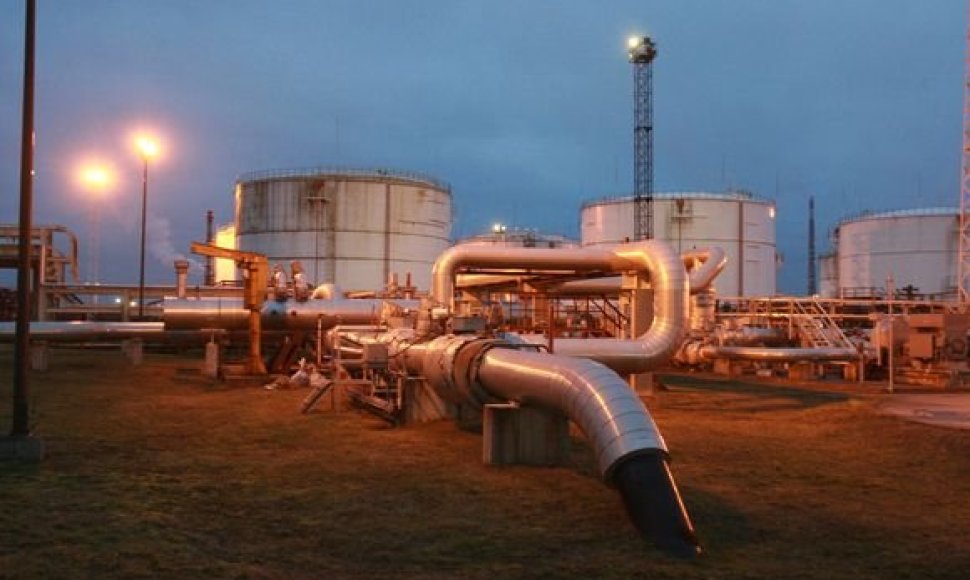Orlen Lietuva estimates that investments in the pipeline, which is necessary for the exports of its refined petroleum products, would reach approximately 110 million US dollars (LTL 295.5m, EUR 85.6m).
Sources told BNS that PKN Orlen’s investment committee approved the refined products pipeline project in June.
“Orlen Lietuva has already started the initial phase of the pipeline project. We are in the process of discussing various scenarios to build the product pipeline to the Lithuanian seaside direction. Planned product pipeline would be beneficial both for to the economical effectiveness of the company and the security of supplies to Lithuanian market,” PKN Orlen told BNS.
Audrius Stasiulaitis, the head of communications at Orlen Lietuva, earlier told BNS that “the goal of the refined products pipeline would be to streamline the company’s logistics costs”.
A task group formed by Prime Minister Algirdas Butkevičius is studying the plans of Orlen Lietuva as regards the refined products pipeline and must submit its proposals by Oct. 1.
Orlen Lietuva has proposed to include the refined products pipeline project in a new plan on the implementation of the national energy independence strategy in 2012-2016. The company plans to start building the refined products pipeline as early as in 2014 and to complete the pipeline in 2017.
PKN Orlen sought to gain influence at Klaipėdos Nafta (Klaipėda Oil) since its acquisition of Mažeikiai refinery back in 2006. Krystian Pater, the then CEO of Orlen Lietuva, said in 2009 that the company would build a product pipeline between Mažeikiai and Klaipėda, but it wanted long-term guarantees as to influence in the state-owned petroleum products terminal operator .
Lithuanian authorities then said that they would not sell shares in Klaipėdos Nafta because the state had to retain operational control of the company.
The Polish group wanted to buy a stake in Klaipėdos Nafta and build a product pipeline from the Mažeikiai refinery to the oil product terminal. Pipeline transportation is cheaper than moving products by rail.












